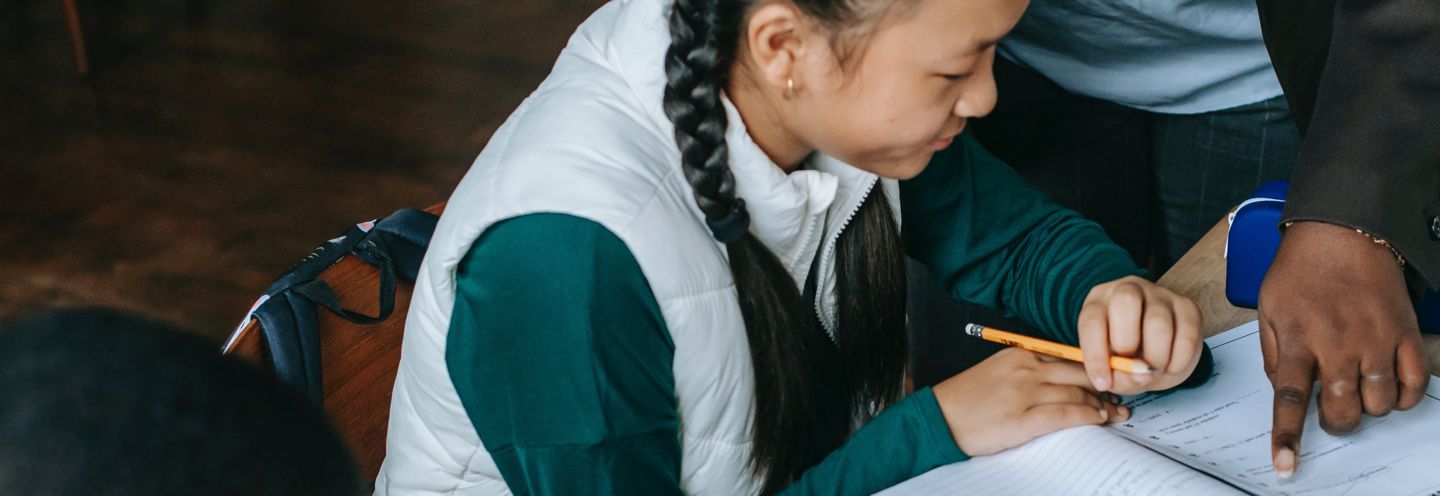Teacher Resources | 386 Results

This lesson helps children become aware of the types of violence that appear in the media, the frequency with which these acts occur, and how they respond to these acts. It begins with a guided

The Facing Online Hate tutorial examines how the Internet is used to spread and incite hate – and how parents, community leaders and educators can respond. The first part of the tutorial provides an

In this lesson, students explore the absence, or unrealistic portrayal, of consequences to violence in the media.

This lesson teaches children that television doesn't always offer the best solutions to conflict.

MediaSmarts’ research has shown that kids with rules in the home about tech use are less likely to do things like post their contact information, visit gambling or pornography sites and talk to

MediaSmarts’ research has shown that kids with household rules about Internet use are less likely to do things like post their contact information, visit gambling sites, seek out online pornography

This lesson develops a beginning awareness by students of how they feel towards, and respond to, different sports, and how the media represents athletics.

In this lesson students learn about the systems used to classify films, TV programs and video games. Students are asked to take a critical look at the criteria applied to classify these media

In this two-day unit, students learn strategies for using the Internet effectively to research global development issues.

In this lesson, students look at the different ways in which we spend our free time and learn to find balance between active, learning and media activities. They begin by distinguishing between

